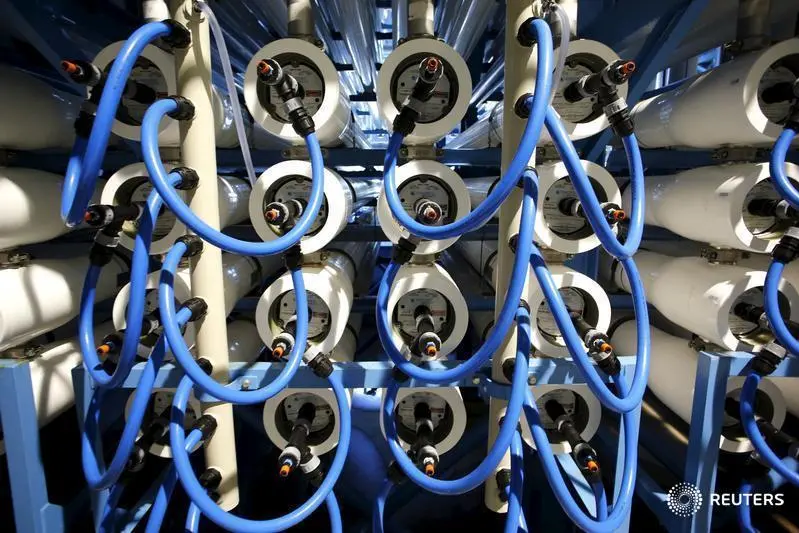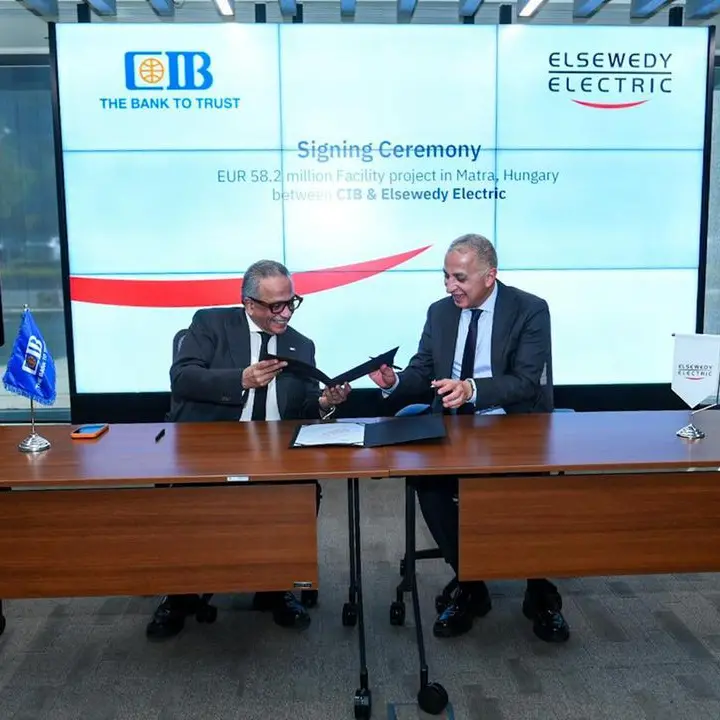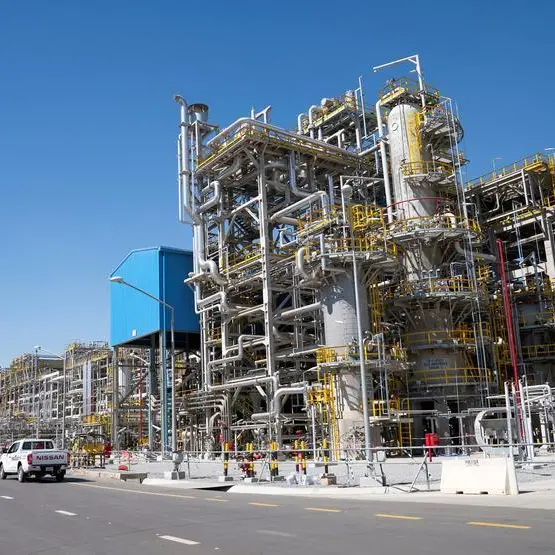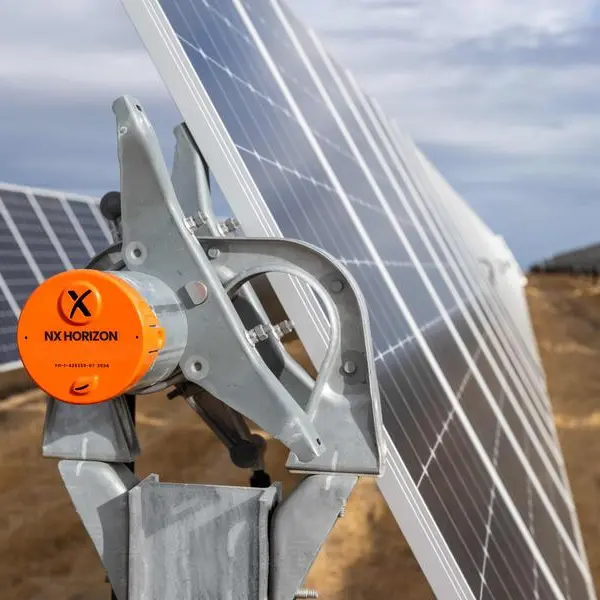PHOTO
The Abu Dhabi Department of Energy (DoE) has introduced a regulatory policy for low-carbon water certificates that shows the carbon footprint of water by tracking emissions from electricity consumption during the production of desalinated water from the producer to the final consumer.
By 2030, it is anticipated that reverse osmosis (RO) technology powered by electricity will account for nearly 90 percent of Abu Dhabi's water production, up from 27 percent in 2022.
The new policy complements the Clean Energy Certificates launched in 2021 to certify the production and use of electricity from clean energy sources.
Ahmed Mohamed Al Rumaithi, Undersecretary of the Abu Dhabi Department of Energy, said the new policy reflects the department’s commitment to leading the energy sector’s transformation efforts towards clean and renewable sources, reducing carbon emissions and achieving the goals
of the Strategic Initiative for Climate Neutrality 2050.
The DoE will manage the issuance and implementation of the low-carbon water certification scheme, ensuring the use of accurate data on water production and electricity consumption while Emirates Water and Electricity Company (EWEC) processes requests for purchasing and trading certificates in collaboration with Evident I-REC (E).
(Editing by Anoop Menon) anoop.menon@lseg.com)
Subscribe to our Projects' PULSE newsletter that brings you trustworthy news, updates and insights on project activities, developments, and partnerships across sectors in the Middle East and Africa.





















